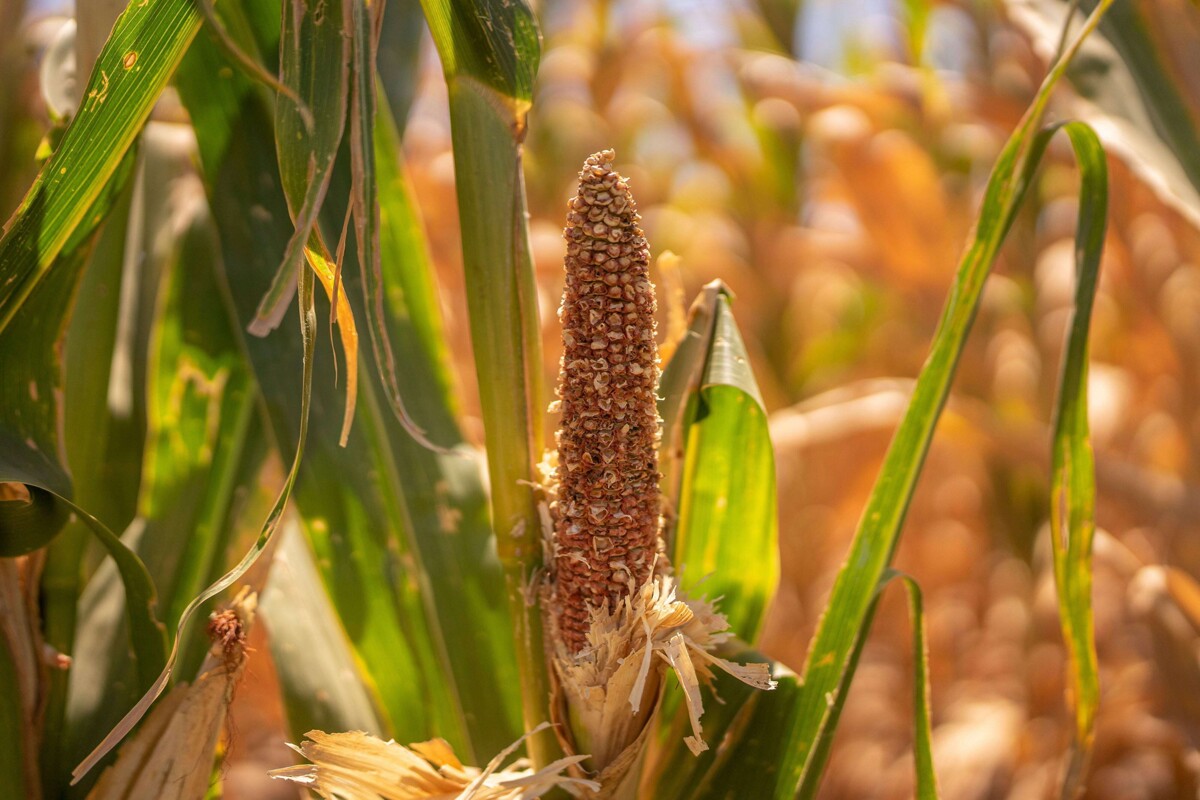
The government of the United States has decided to postpone the implementation of new tariffs on vehicle imports from Mexico and Canada as part of a broader strategy to increase tax revenues and promote the relocation of manufacturing within its territory. This measure was announced along with a one-month extension for automotive companies to prepare for the changes.
Juan Carlos Anaya, general director of the Agricultural Markets Consulting Group (GCMA), explained that this delay in tariffs is partly due to pressure from distributors, restaurants, and self-service businesses that have seen a decrease in demand due to rising prices. Similarly, the National Union of Agricultural Workers (UNTA) of Mexico has warned about the possible negative repercussions that these tariffs could have on key products such as avocado, tomato, and berries, jeopardizing food security and raising concerns about unemployment in the agricultural sector.
According to Fitch Ratings, the new tariffs imposed by the United States and uncertainties in trade relations pose a threat to Mexican companies. It is expected that the most affected sectors will be the automotive industry and other corporate sectors, which could trigger a recession in Mexico. The depreciation of the currency will also play a crucial role in the impact these measures will have on the country's economy.
The president of the United States, Donald Trump, is considering exempting certain agricultural products from the tariffs imposed on Canada and Mexico in order to mitigate trade tensions. Brooke Rollins, Secretary of Agriculture, confirmed that the administration is evaluating specific exemptions for products such as potash and fertilizers, essential for agricultural production in the United States.
The decision to postpone tariffs on automobiles and the possibility of exempting agricultural products from tariffs is part of the U.S. administration's efforts to ease trade tensions and protect key sectors of its economy.














